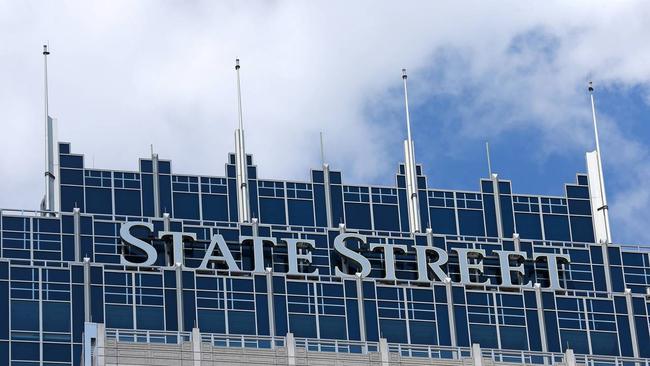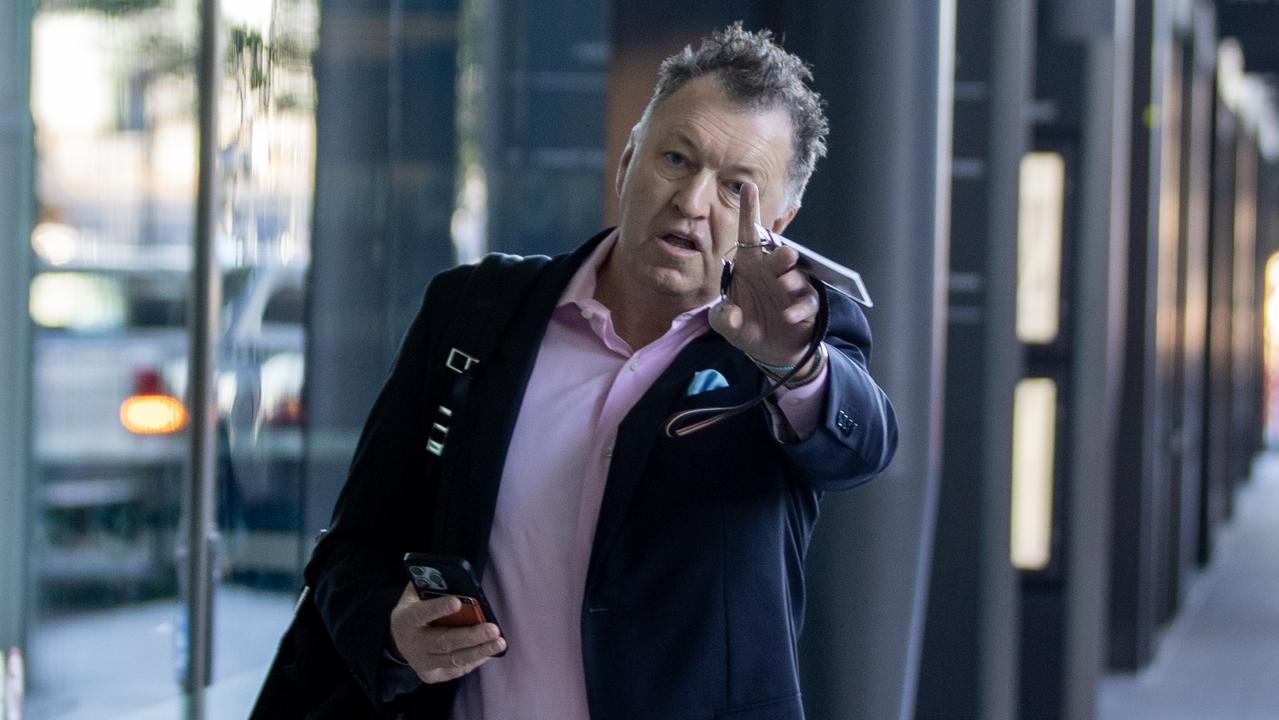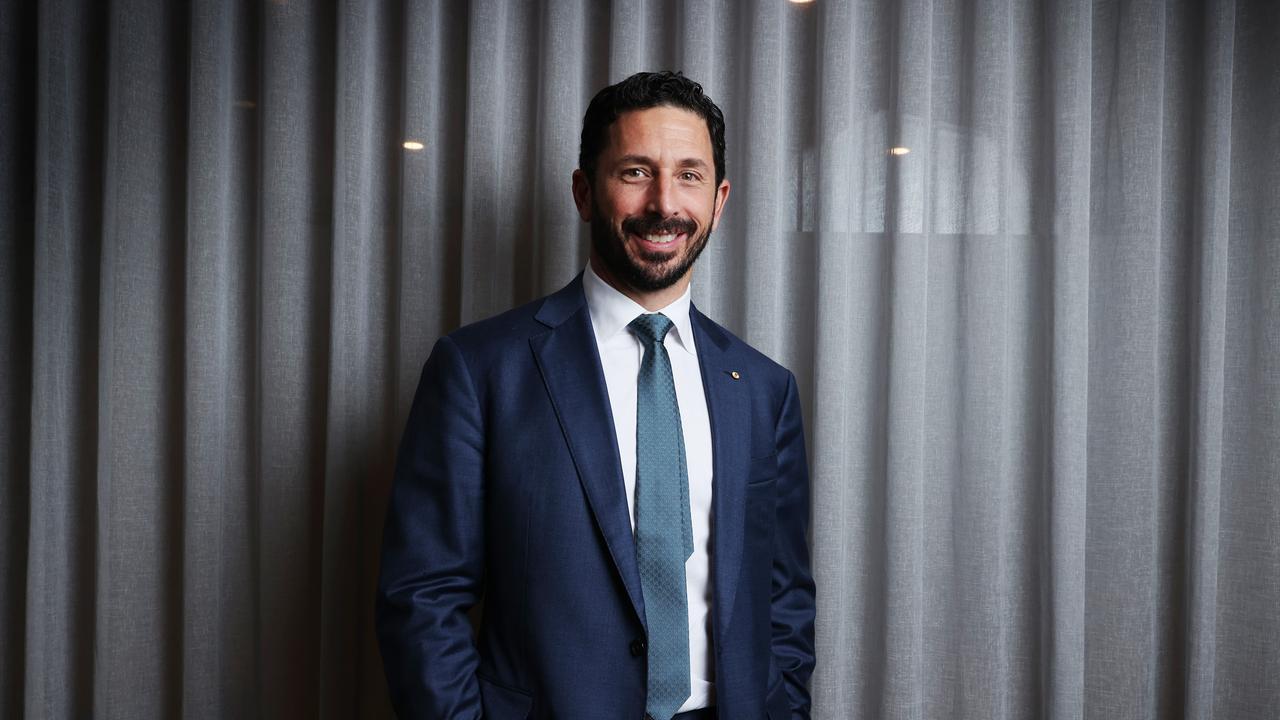
Corporate Australia is about to experience what it feels like to be leaned on by a $6 trillion gorilla.
Better known for its passive strategies, State Street Global Advisors is becoming more active on climate issues across the hundreds of billions it has invested across the local market.
This was spelt out in the annual letter sent by State Street’s global CEO Cyrus Taraporevala, and the funds giant is preparing to vote against companies not doing enough on shifting to a net zero carbon world.
According to Ben Colton, State Street’s global head of asset stewardship, the consequences of climate change have the potential to hurt long-term investment returns, which is why it should be seen inside the boardroom as a top financial risk.

In general, Australian companies have responded to pressures from investors over climate demands and are turning varying shades of green. A little more than 50 top ASX companies have net zero carbon commitments in place for the year 2050, with banks, transport and property companies dominating the list.
The pressure from other institutional investors, including super funds, is going to get even more intense in coming years.
Australia’s powerful Council of Financial Regulators, which includes the Reserve Bank and Australian Securities & Investments Commission, is looking at ways to roll out climate-related disclosures. At the same time ASIC has urged Australian boards to adopt the voluntary disclosure recommendations from the Task Force on Climate-Related Financial Disclosures.
Some companies have a goal in place with little detail on how they intend to hit the target, a process of greenwashing.
State Street has gone a step further by trying to stamp out the practice of companies – particularly miners – simply walking away from their higher carbon-belching assets, and being rewarded by investment markets for doing so.
The key message is that State Street also wants to bring dirty companies along in the carbon transition journey.
It wants information from corporates around climate risks and how companies deal with “dirty assets” such as coal-fired power stations to stay out in the open. In this case, it is prepared to give boards plenty of runway in dealing with their problem assets.
“We think climate change is a very, very financially material, systemic risk to our portfolios,” says the New York-based Colton in an interview.
“With that in mind, we fully appreciate and understand that this is going to be a transition and that even high-emitting companies need to be part of the solution”.
On this front, State Street is not expecting every company to become a pure play renewable energy company overnight, but it is demanding more action.
“If every company achieved net zero ambitions by 2050, by spinning off all of their high-emitting assets to private equity …. we need to look at carbon emissions on the aggregate level.
“The real carbon emissions to our clients … may be greater if we don’t think about these unintended consequences.”
State Street’s proxy power has coincided with a phenomenal rise in index investing around the world, with more money than ever being channelled into passive funds.
The theory being active managers come with a high price tag for only marginal gains above the market over time. Active fund managers have long complained they were the ones doing all the hard work on corporate governance, but in recent years more index-style funds have taken aim at the governance issues that drive fundamental long-term performance, including climate and gender diversity.
For these investors the move to work with companies is as pragmatic as it is necessary. Divestment of companies is mostly off the cards for players such as State Street because the nature of an index fund is to track any given index. This limits the fund to exercising its shareholder vote card, but this can deliver a powerful message.
Colton has cautioned that even the significant distraction of Covid over the past two years shouldn’t be a distraction for the longer term.
“We understand that these are challenging times for many companies, but we don’t want short-term decisions taken at the expense of long-term prospects. So while we acknowledge that companies have many different issues that they’re grappling with, we still expect the boards to have oversight of these long-term issues, including financial and material risks related to ESG (environment, social and governance) issues,” he says.




